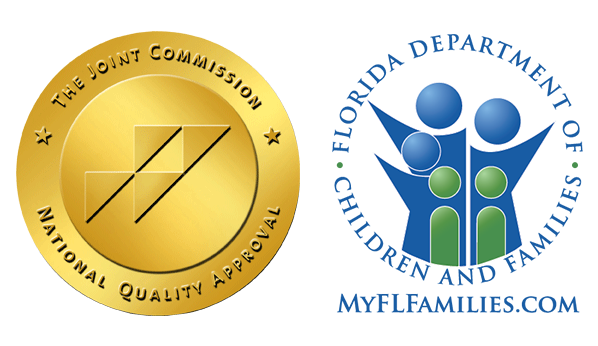People who are addicted to drugs or alcohol often act dishonestly. They may try to hide their addiction or substance abuse from friends, family members, and work colleagues. They may also be dishonest with themselves – many people suffering from substance use disorders are in denial about their problem and tell themselves they are drinking or using prescription drugs responsibly.
In recovery, you must move away from secrecy, lying, and denial. Being honest is key to avoiding relapse, building strong and supportive relationships, and growing as a person. It lays the foundations for a productive and sober life, away from the health problems and mental illness that can stem from substance abuse.
How Can Dishonesty Lead to Relapse?
According to the National Institute on Drug Abuse, addiction is a chronic disease caused by changes in the brain. This means that relapse is a possibility throughout your recovery journey, and it’s important to take steps to prevent it.
Often, people turn back to drugs and alcohol because they have become stuck in recovery. When they face a challenge, they try to deny it is a problem rather than taking steps to overcome it. This dishonesty prevents them from continuing on their recovery journey and may cause them to relapse instead.
Dishonesty in recovery can also lead to cycles of lying, guilt, and shame. When someone is addicted to drugs, they often use substances as a coping mechanism to escape from these thought patterns and emotions. In recovery, they may remain triggers for substance use and lead some people to relapse.
How Does Honesty Underlie Strong and Supportive Relationships?
A fundamental part of the recovery process is building strong and supportive relationships. Recovery is not easy, and it’s important to have people to fall back on in difficult times.
Dishonesty strains all relationships and is the cause of many relationship problems among couples struggling with addiction. On the other hand, honesty lays the foundation for strong relationships of mutual trust where you can rely on one another and support each other in reaching their goals.
How Can Honesty Help You Grow?
Most recovery programs emphasize personal growth as a key part of overcoming addiction. Recovery involves identifying the underlying causes of your addiction and developing the skills to overcome them. You need to enter it with an open mind and be willing to grow, change, and flourish as a person.
Honesty is fundamental to personal growth. Without being honest with ourselves, we cannot see where changes need to be made or when we are stopping ourselves from progressing. We deny that we are facing challenges or believe we cannot surpass them rather than taking steps to overcome them. Honesty lets you openly face your challenges and conquer them.
How Can You Increase Your Honesty in Recovery?
Honesty is like any other skill – the more you do it, the easier it becomes. Practicing honesty on a day-to-day basis will make owning up to mistakes and being open with others a lot less scary.
A good way to track your honesty is to keep a journal – a therapeutic tool for self-reflection. Record moments where you may have lied or not been fully open with others. Try to work out why you were dishonest during these moments and how you can be more honest in the future.
Support groups like Alcoholics Anonymous can also help you with this. In fact, the first step of the 12-step program is admitting that you have a problem. Watching others around you speak openly about their experiences with addiction and make amends for their mistakes can encourage you to do the same.
Remember, if you act dishonestly, it is never too late to own up and tell the truth. Admitting your dishonesty breaks the cycle of guilt, shame, and lies and takes you out of the negative thought patterns that can lead to relapse.












